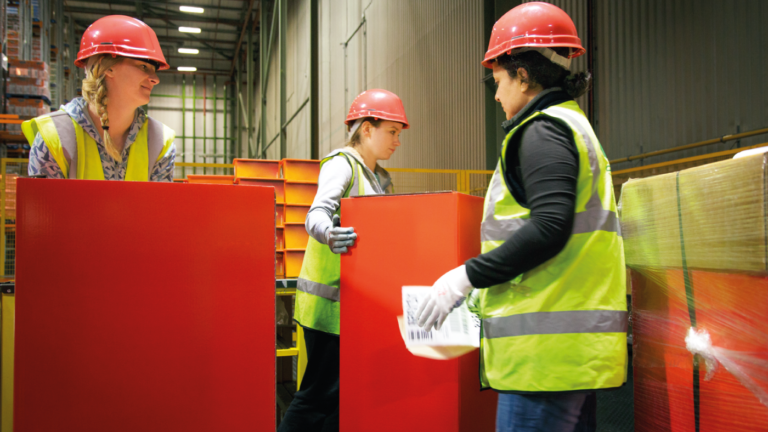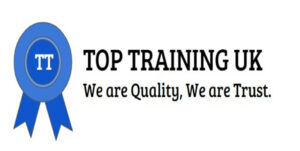Manual Handling
Manual handling is the transporting or supporting a load by hand or bodily force. It includes lifting, lowering, pushing, pulling, moving or carrying a load.
Manual handling covers a wide range of activities including: lifting, pushing, pulling, holding, restraining, throwing and carrying. It includes repetitive tasks such as packing, typing, assembling, cleaning and sorting, using hand-tools, operating machinery and equipment, and handling and restraining animals.
From £49.99

Course overview
This online manual handling training course comprehensively overviews handling objects safely. It highlights the significance of safe manual handling. It contains information on the lifting techniques ‘LITE’ and ‘TILE’. Correct handling of things is critical for everyday health, especially if you lift frequently. Training on safe carrying and lifting practices is a legal necessity when your employees are expected to raise, lower, pull, or push as part of their employment.
This Manual Handling Training Course is designed for personnel of all levels who may be responsible for manual handling tasks. It assists businesses in ensuring that they and their employees have received adequate training in the principles and practises of safe manual handling. The tasks can include lifting, lowering, pushing, tugging, carrying, manoeuvring, steadying, or moving a load of things by physical hand force.
This course offers organisations the required information and training to better understand the hazards associated with manual handling, how to conduct a risk assessment, and how to implement suitable control measures.
Manual Handling Responsibilities
Management Responsibilities:
In line with general policy, heads of department are responsible for ensuring manual handling is appropriately assessed, suitable control measures are in place, and that those involved in manual handling activities are competent to do so. To do this though, heads of department can delegate responsibilities to others, provided the responsibilities are clearly communicated to appropriate individuals (e.g. supervisors) and checks are made to ensure the delegated duties are fulfilled.
On a day to day basis, the supervisor of a manual handling activity is best placed to manage the associated risks as they are able to decide on required changes to procedures or obtain equipment to reduce the risks.
Induvial Responsibilities:
All those carrying out a manual handling activity, including staff, students and visitors should:
Familiarise themselves with the requirements of the relevant risk assessments
Co-operate in any assessment they are involved with.
Inform their supervisors of any problems relating to their manual handling.
Follow all procedures or guidelines they are trained in.
Make proper use of equipment provided for their safety.
Contact Us
![]() 020 3576 3317
020 3576 3317
![]() 07767 919766
07767 919766
Address
Top Training UK Ltd
Ithaca House, 27 Romford Road,
Stratford
London, E15 4LJ
